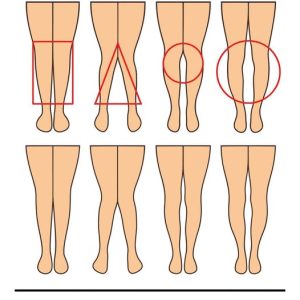Fighting Cancer with Food: How Diet Impacts Risk
The food we eat plays a key role in overall health, supplying vital nutrients, energy, and protection against disease. However, the Standard American Diet (SAD) is often lacking in cancer-fighting foods. According to the American Institute for Cancer Research, only about 8% of this diet includes protective, health-promoting foods.
While no single food can prevent cancer, research shows that consistent healthy eating can reduce risk over time. “There are no guarantees,” says wellness dietitian Lindsey Wohlford, “but choosing the right foods over time makes a difference.”
Cruciferous vegetables like broccoli, kale, and Brussels sprouts contain isothiocyanates—compounds that reduce inflammation and may help deactivate cancer-causing agents. These veggies are linked to lower risks of breast, oral, and kidney cancers.
Turmeric, high in curcumin, offers antioxidant and anti-inflammatory benefits that may slow tumor growth and protect cells. Mushrooms, including shiitake and reishi, are rich in compounds like ergothioneine and glutathione, which may support immunity and reduce cancer risk.
Allium vegetables such as garlic, onions, and leeks provide powerful antioxidants linked to reduced risks of colon and digestive cancers. Lycopene-rich foods like tomatoes and watermelon help neutralize free radicals and may lower cancer and heart disease risk. Fatty fish like salmon and sardines supply omega-3s and vitamin D—nutrients associated with reduced cancer risk.
Though diet alone can’t eliminate cancer, regularly choosing nutrient-rich, anti-inflammatory foods can strengthen the body’s defenses and support long-term health.




